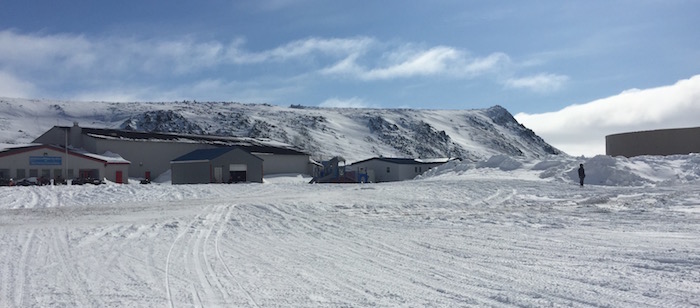Scientists
Neal Brown, Space Physics
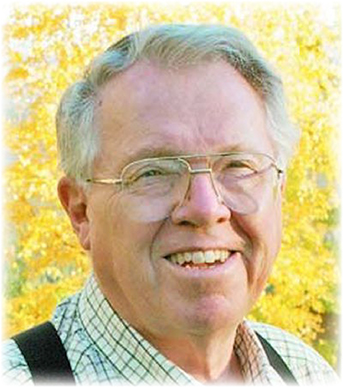 |
Neal Brown came to Fairbanks in the fall of 1963 to study the aurora borealis at the
University of Alaska Fairbanks. He
remained at the Geophysical Institute as a research scientist for 47
years before retiring. He was director of Poker Flat Research Range
from 1971 through 1989, taught science for non-science majors at
UAF and initiated several education outreach programs while at UAF. He was the director of the State of Alaska Space Grant Program from
2002 through 2008. He continues to teach for a number of education
programs such as Road Scholars, the Osher Life Long Learning
Institute, and UAF K-12 Outreach. |
Cathy Hanks, Plate Tectonics & Sedimentation
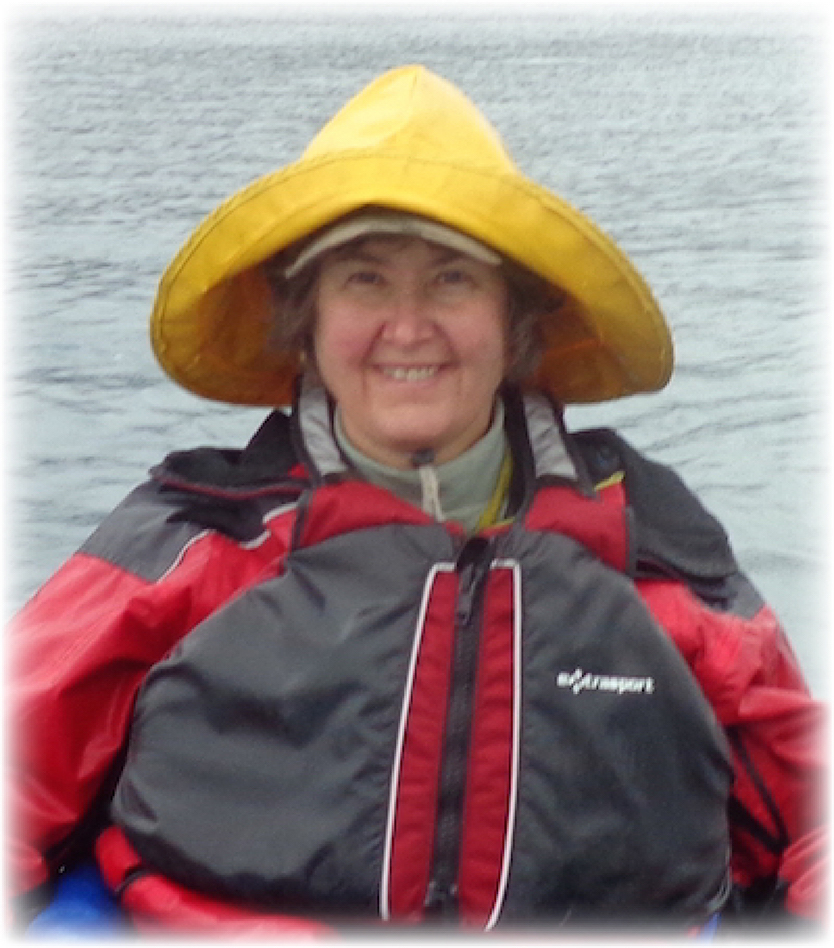 |
Cathy Hanks is a Geologist at the Geophsical Institute. Dr. Hanks
has over 34 years of experience in Alaskan petroleum geology,
both in industry and in academia. She has a broad research interests in energy-related structural geology with applications for
regional exploration and play fairway analysis, reservoir characterization and engineering, and geothermal energy. |
Vanessa Stevens, Arctic Climate Housing
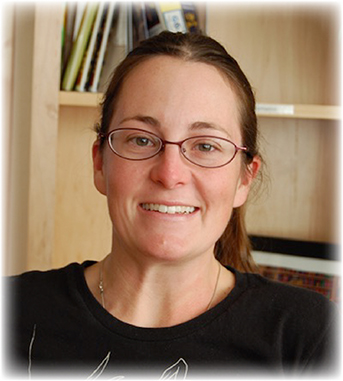 |
Vanessa Stevens
is a research scientist at the Cold Climate
Housing Research Center in Fairbanks. She works on
projects that are focused on improving the conditions of residences
in Alaska, such as testing building components in Arctic climates,
monitoring energy performance, and analyzing energy efficiency
policy. |
Margaret Cysewski, Permafrost, Arctic & Civil Engineering
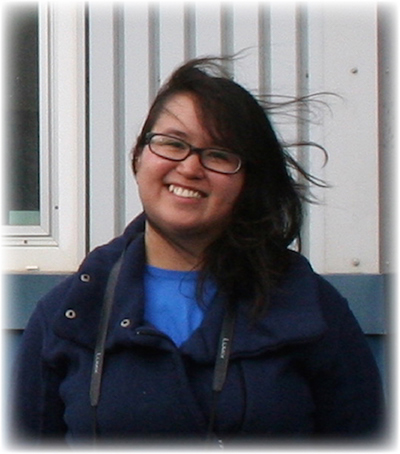 |
Margaret Cysewski graduated from University of Alaska
Fairbanks in the summer of 2007 with a B.S. in Civil Engineering. She received her Masters Degree in Arctic Engineering in 2009.
Her Masters research was on the History of Permafrost Engineering in the Fairbanks area, and
is continuing her research of permafrost for her PhD. |
Olivia Lee, Sea Ice and Mammals
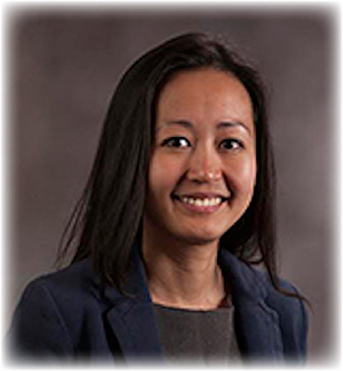 |
Olivia Lee has a PhD in wildlife and fisheries sciences from Texas A&M University,
and a BA in marine science from the University of Hawaii at Hilo. She has studied seals and sea otters in Alaska and Russia, looking at migration
patterns and how they use their environment to find food. She is interested in using technology and local knowledge to track changes in sea ice habitat in the Arctic. |
Emma Marcucci, Remote Sensing and Planetology
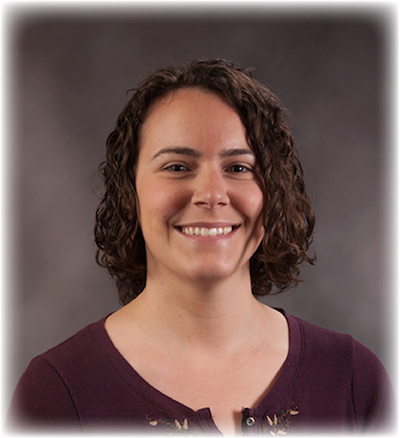 |
Emma Marcucci is a postdoctoral fellow with UAF's Geophysical Institute's Remote Sensing group. She is a planetary scientist and uses stereo photogrammetry to study
landscapes and landscape change in Alaska and on other planets, namely Mars. Prior to coming to Alaska, she completed her Ph.D. at the University of Colorado Boulder
in Geological Sciences and a B.S. in Physics at Johns Hopkins. Emma is particularly interested in comparative planetology, a method of using locations and processes
on Earth as analogs for other planets. She is also highly active in educational outreach, including UAF's traveling planetarium. |
Katie Villano Spellman, Biology, Plant Ecology, Resilience & Adaptation
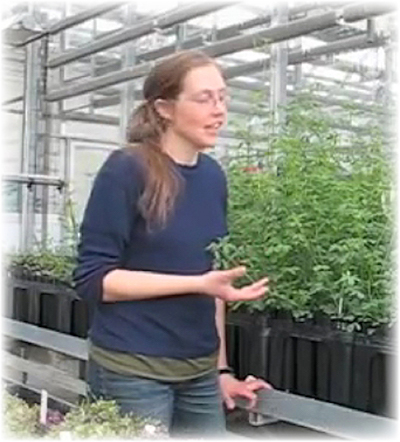
|
Dr. Katie Villano Spellman is a plant ecologist and educator at
the University of Alaska Fairbanks. Her work uses experimental
ecology, citizen science, and education research to explore the
intersection between education and ecology on global change
topics. Her primary research interests include the ecology of
plant communities in a changing climate, non-native plant
invasions, science education, and social-ecological systems.
|
Robbin Garber-Slaght, Mechanical Engineering & Sustainable Housing
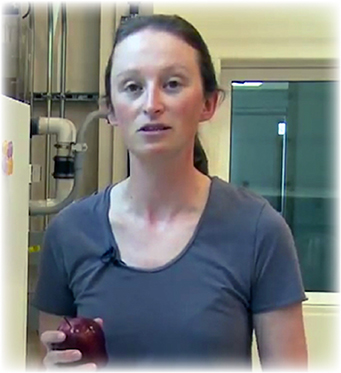
|
Robbin Garber-Slaght is a Product Testing Lab Engineer at Cold Climate
Housing Research Center Robbin moved to Alaska in 1997 from Maryland, where
she completed her B.A. in history, Spanish, and archaeology. She spent six
years travelling and living in rural Alaska, in the process earning her M.S.
in library and information science. In 2005 Robbin returned to school, finishing
her B.S. in mechanical engineering at UAF in 2008. She is interested in ideas
that will make living in Fairbanks more comfortable and sustainable.
|
Jessica Garron, Arctic Oil Spill Detection & Research
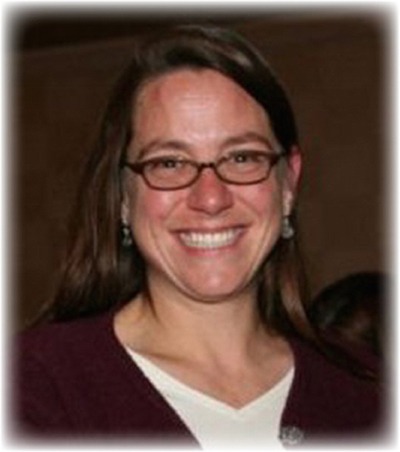
|
Jessica Garron is a Senior Science Consultant with the UAF Office of the Vice
Chancellor for Research and the Alaska Satellite Facility, working to fill
in gaps relating to Arctic oil spill research. She is focused on the use
of synthetic aperture radar (SAR) and other remote sensing technologies for
oil spill response and monitoring in the Arctic. She also uses remote sensing
tools to engage her Alaskan neighbors in discussions about permafrost melting
as a result of climate change.
|
|
